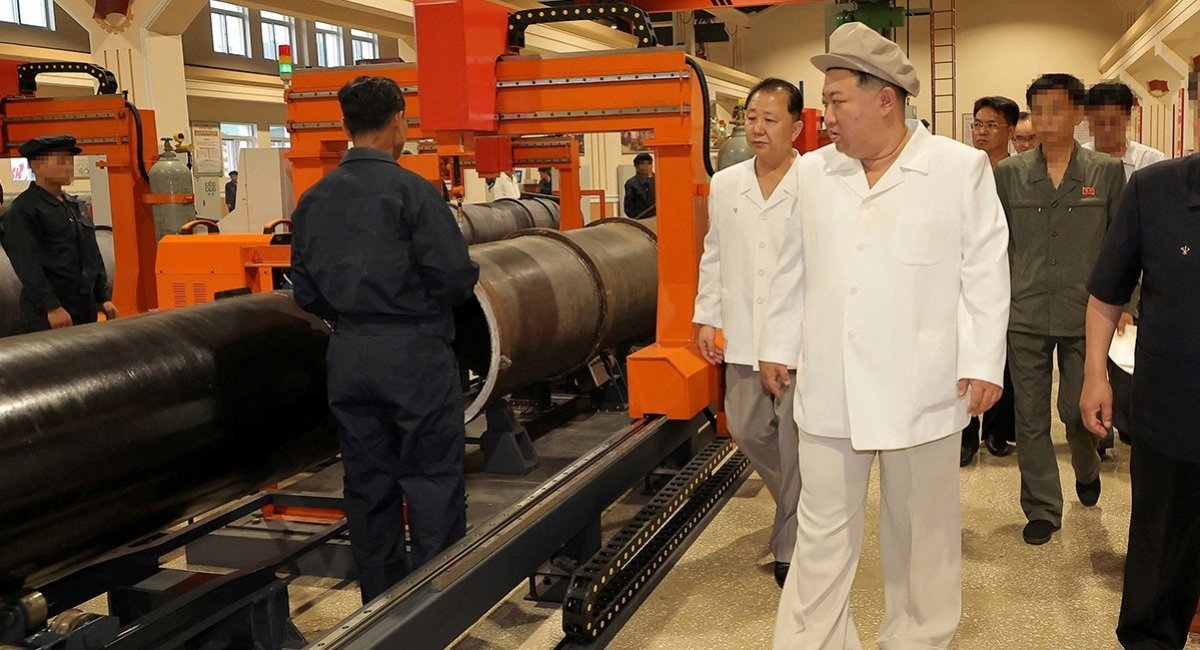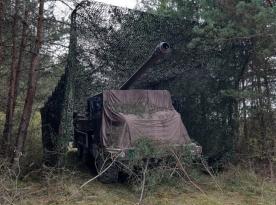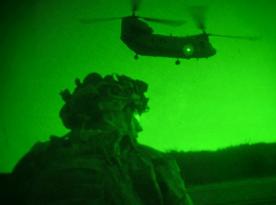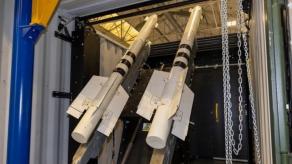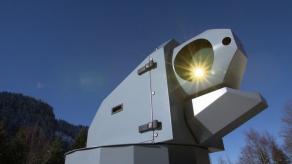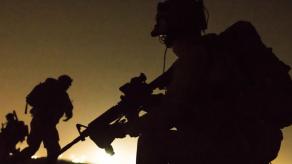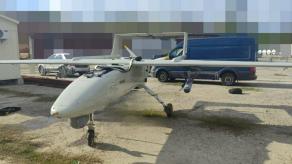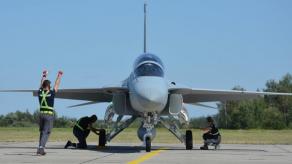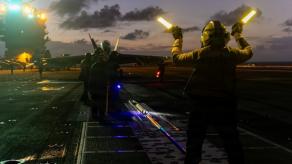After the Korean Central News Agency announced the plans by russian President Vladimir Putin to visit DPRK upon Kim Jong Un's invitation, the question arose, what kind of gift or agreement the russian leader has in store for its close partner and what will he take back home. For a reminder, after the russian defense minister Sergei Shoigu went to Pyongyang, russia started receiving artillery ammunition and ballistic missiles.
Apart from the realistic possibility of an increased influx of Korean weapons to the russian army and straight to the Ukrainian frontlines, there is a tangible threat extending far beyond the problems exclusive to Ukraine: the risk of the Kremlin's active effort to turn North Korea into a part of russia's own military-industrial complex.
Read more: Another Missile From North Korea Launched at Ukraine by russians: Targeting Kyiv, It Was Shot Down, Wreckage Found (Photo)
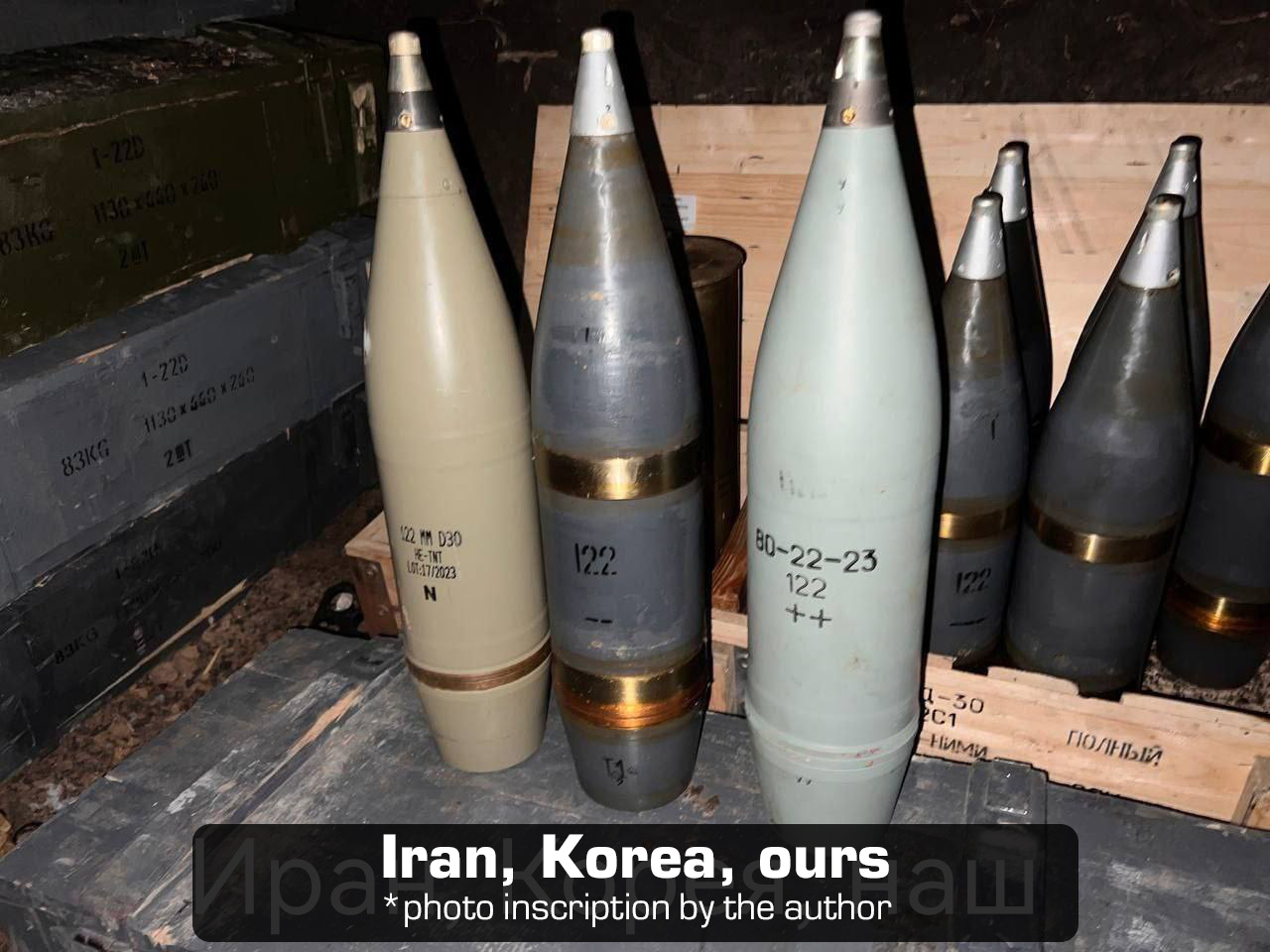
After all, the North Korean arms industry is already familiar territory, rejuvenated with Moscow's investments starting long before the large offense on Ukraine. Consider, for instance, that Pyongyang acquired nuclear technologies in the 1960s partially thanks to the USSR and the reactor it handed over to the Koreans. The rapid development of missiles with nuclear charge, from short-range KN-23 to intercontinental Hwasong-17, also has traces of help, now coming from the russian federation.
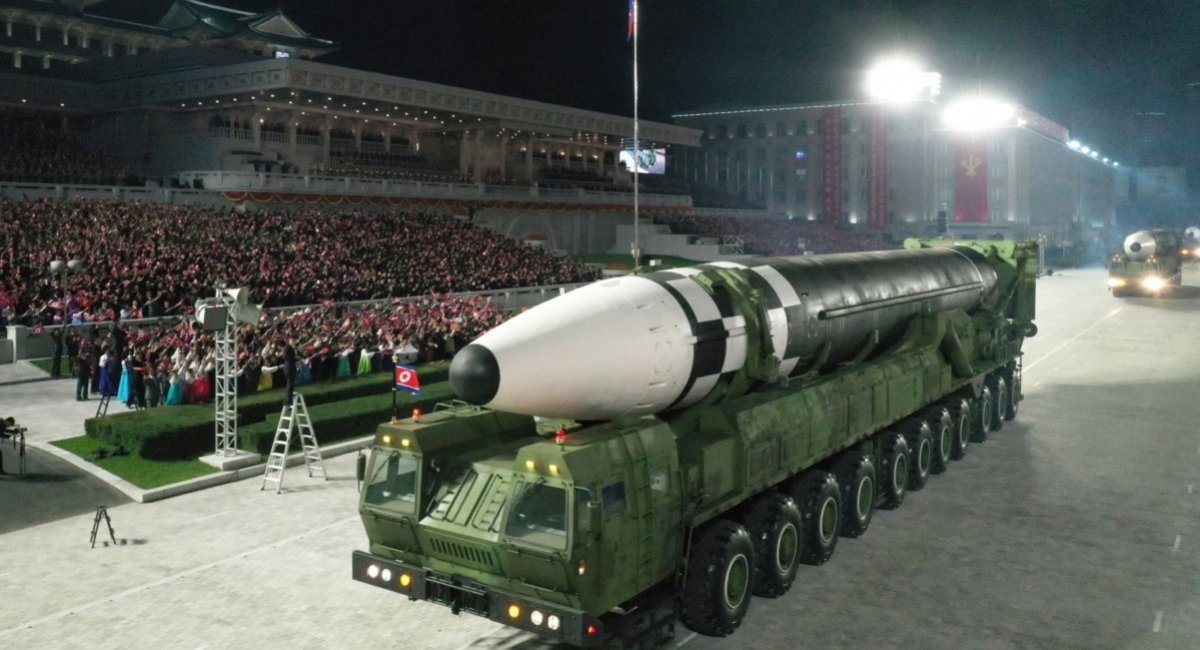
That said, now a different kind of challenges and priorities trouble Moscow. It tries to crank up a self-sufficient military industry, facing problems of expansion and shortage of qualified staff. While machine tools could be obtained from China, good technicians are harder to come across.
That is where North Korea comes to the rescue with its cheap — if not completely unpaid — workforce. The potential scenario of Moscow–Pyongyang relations may unfold based on simple principles: russia provides technologies and equipment, turning North Korean military factories into de-facto affiliates of the Kremlin's enterprises.
Industries in DPRK either way heavily rely on external resources, tools, and technologies, and russia will be glad to provide all that for a share of the product, namely weapons delivered on a regular basis. The surplus will go to North Korean armed forces, of course.
Alternatively, the Kremlin can opt for establishing in DPRK manufactures of low-tech components to own weapons assembled in russia, such as metal casing for munitions. In exchange, Moscow can offer some weapons Pyongyang really needs but cannot acquire — air defense systems, aircraft, etc.
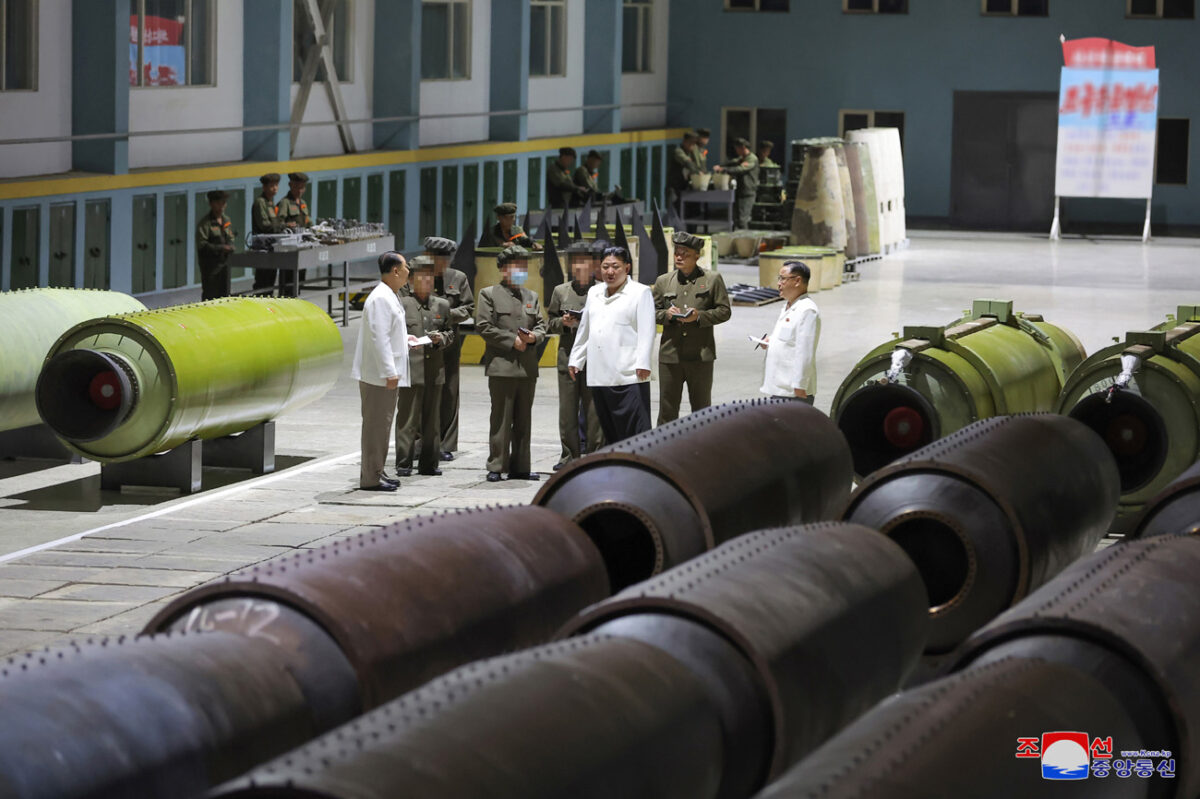
It's hard to find a reason for North Korea to reject such offers, as well as the ways the rest of the world can prevent that. Even the violations of UN Security Council resolutions forbidding procurement of weapons from North Korea seem to have no response, not even the usual "concern."
These prospects, although only speculative at this point, have implications for not only Ukraine as the primary target of russian ongoing military aggression but for other countries, too. South Korea currently has an equally aggressive neighbor with a large but poorly equipped military. It doesn't take a look too far into the future to anticipate this large military to emerge as well-equipped, brimming with modern weapons gladly powered by an interested partner.
Defense Express editorial board
Read more: North Korea's Already Been a Reseller for "Neutral" China, Or Why we Should be Wary of Alliance with russia (Opinion)



